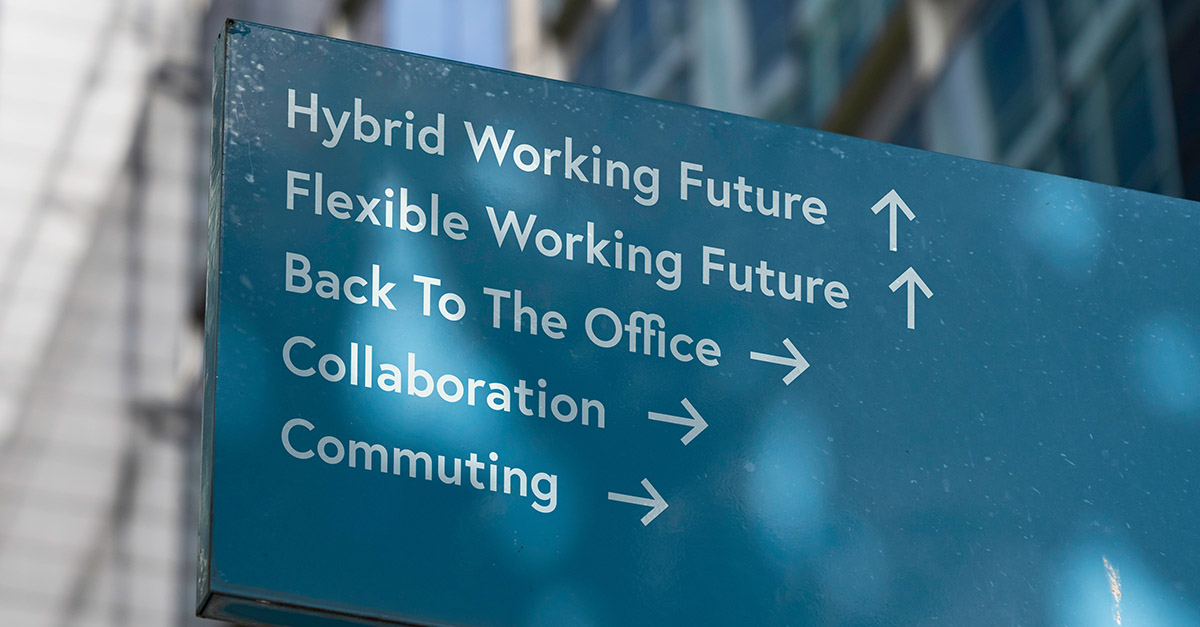Is this the beginning of the end for hybrid working?

Co-authored by Francesca Kenyon, Paralegal, Employment & Immigration
Over the last few months, we have seen numerous companies call for their employees to start coming back into the office, often with punitive measures for those who wish to stay fully remote. But can an employer force their staff back to the office full time? And if they do what are the legal implications for them and their workforce?
Can employers force staff back to the office?
Under certain conditions an employer will be entitled to mandate a return to office working. However, prior to enforcing this as a new blanket policy, it will be necessary to check the employment contracts of staff to ensure that the role is office-based. Employees who started their employment during or after the pandemic may have provisions in their contract for either hybrid or fully remote working, so changing this will require varying the contract for which there would need to be variation clause in the original contract.
All employers should also be aware that as of April 2024 the Flexible Working regulations came into force, giving employees the right to request flexible working arrangements from day one, which includes being flexible on location i.e., having the ability to work from home. Employees who wish to continue working from home are entitled to make up to two flexible working requests a year. Employers are required to consider flexible working requests in a reasonable manner and consult the employee before making a decision, but they can be rejected for several genuine business reasons for example it is having a detrimental impact on quality or performance, costs, workload distribution and negative effect on quality and ability to meet customer demand.
What are the risks for employers?
It should be unsurprising that working from home has contributed to a more inclusive working environment, especially for women and people with disabilities who would often face workplace barriers; it has allowed for flexibility with parenting commitments, and it is more accessible for neurodiverse workers and those with physical limitations.
Managers and HR teams should therefore look to address working from home on a case-by-case basis whilst also bearing in mind other protections these workers may have. In the context of working parents, it is long established that statistically women are more likely to carry the burden of childcare responsibilities and are therefore disadvantage by less family-friendly working practices. Here, an employer would need to show that there is a true business reason for refusing to accommodate her request. Equally, refusing similar requests from male employees could also lead to discrimination claims if they feel they are being treated less favourably than women who seek flexibility.
Failure to consider the above may give rise to disputes between the employer and employee which if not resolved, may lead to costly negotiations and Employment Tribunal claims.
How can employers encourage more office working?
To encourage people back into the office voluntarily, employers should consider matching the perceived value of working from home with working in the office. Interestingly a survey conducted by recruitment firm, Hays, indicates that the incentives being offered by employers do not align with what staff actually want .
The most commonly provided incentive, with 48% of the employers surveyed offering it, are places for bikes storage and showers; however only 13% of employees cited this as something that would encourage them to return. The incentive with the highest approval from employees, with 46% saying it would be effective, is subsidised travel; however only 18% of the employers say this is something they offer. It appears that for employees they would appreciate their employer easing some of the financial burden associated with coming into the office and this would be seen as going some way to match the value of working from home.
Call us





















